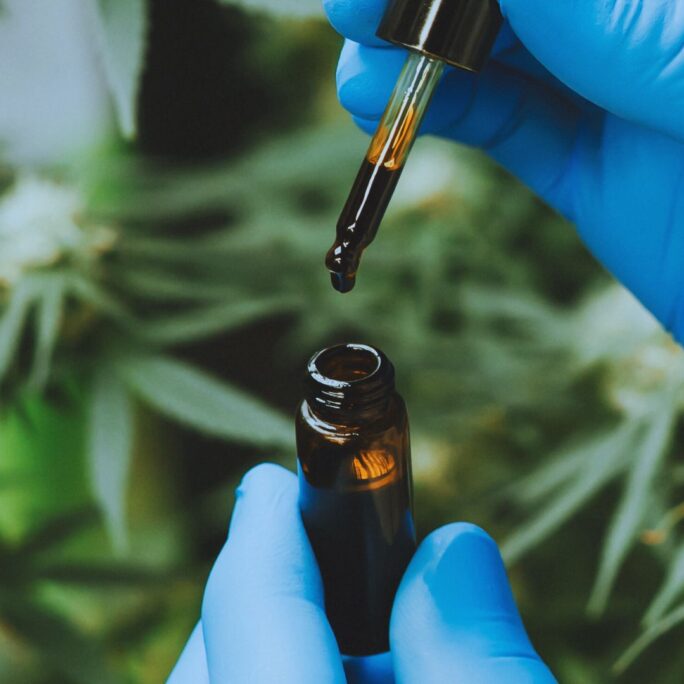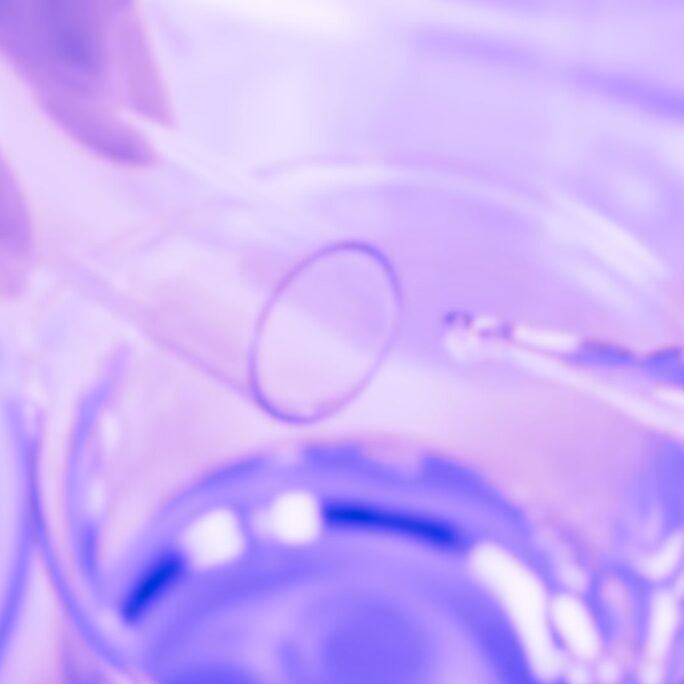
The National Football League (NFL) is awarding $1 million to two teams of researchers to “investigate the effects of cannabinoids on pain management and neuroprotection from concussion in elite football players.”
The studies will be carried out by medical researchers at the University of California San Diego and University of Regina in Saskatchewan, Canada.
The studies are being funded by both the NFL and the NFL Player’s Association (NFL-PA). The studies will look at both CBD and THC in the treatment of pain management.
This is welcome news for CBD consumers who use CBD for medicinal purposes. Clinical studies like this provide CBD consumers with real world science that help make buying decisions.
The study will focus on the effects of cannabinoids on pain and recovery from sports-related injuries in elite athletes.
Researchers will assess the “therapeutic efficacy and adverse effects of ∆-9-tetrahydrocannabinol (THC), cannabidiol (CBD), and combined THC/CBD, compared to placebo, for relief of post-competition soft-tissue injury pain in elite athletes.”
Many NFL players, including Super Bowl Champ Rob Gronkowski, have been using CBD for pain management for years.
Can CBD and THC help football players recover from severe concussions?
That’s what the team in Canada will be studying. Concussions in the NFL are a big concern.
<“An additional goal is to assess the neuroprotective properties of cannabinoids to reduce the incidence or severity of acute and chronic concussion in professional football players.”
The study will go one step further and determine if CBD and THC is an alternative to opioids.
“Our research will also work to show that cannabinoids can be used as an alternative to opioids for pain management. Ultimately, this study has the potential to change not only the lives of current and former NFL players, but also the lives of anyone who may suffer from a concussion,” said Dr. Patrick Neary, an exercise physiologist and professor in the Faculty of Kinesiology and Health Studies at the University of Regina.







